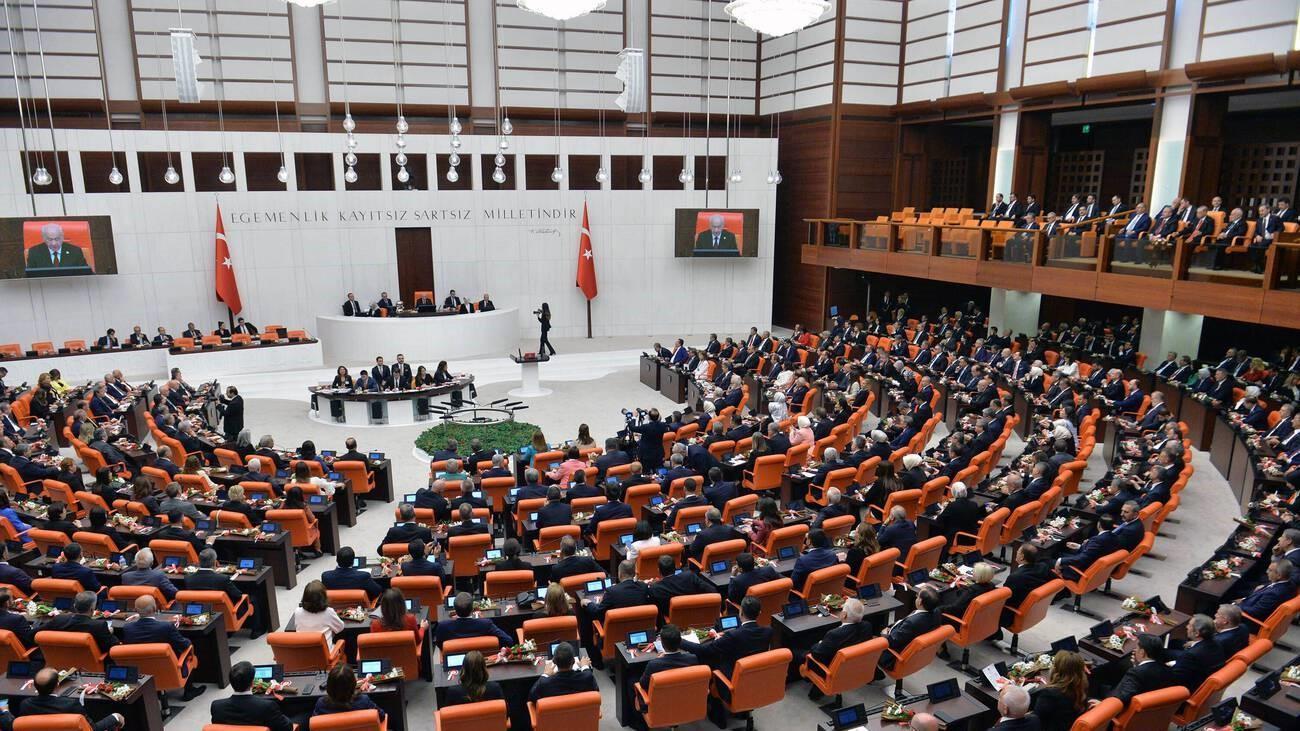
Turkish lawmakers have given their approval to a comprehensive omnibus bill, comprising over 60 amendments, introduced by ruling Justice and Development Party (AKP) deputies.
The legislation, dubbed the "judicial package" by the public entered discussions on Feb. 20, following its submission to the parliamentary presidency earlier in the month.
The primary objective of the bill, as stated by its proponents, is to "enhance the efficiency of judicial services" by introducing amendments to existing laws.
One of the most notable amendments relates to Article 220/6 of the Turkish penal code, which addresses the crime of "committing crimes on behalf of an organization without being a member of the organization."
The bill reintroduced penalties for individuals engaging in acts on behalf of organizations involved in "terror crimes," treating them as if they were members of the organization.
The annulled paragraph previously stated that individuals committing crimes on behalf of an organization would also be penalized for membership in that organization, with the punishment potentially reduced by half. This provision was limited to armed organizations.
Another significant amendment addresses a ruling by the Constitutional Court regarding Article 187 of the Turkish civil code. The top court had invalidated the provision prohibiting married women from using only their maiden surname.
Additionally, the legislation includes proposals such as the shift in the avenue for claims for compensation for non-pecuniary damages related to arrest and detention procedures, as well as judicial control procedures. Such claims will now be submitted to the compensation commission within the Justice Ministry instead of the Constitutional Court.
Meanwhile, the opposition has voiced its dissent against an article in the package pertaining to the "conditions for processing special categories of personal data."
The article permits "foundations, associations and other non-profit organizations or formations established for political, philosophical, religious or trade union purposes" to process personal data.
The new regulations, as outlined in the omnibus bill, are slated to take effect on June 1.